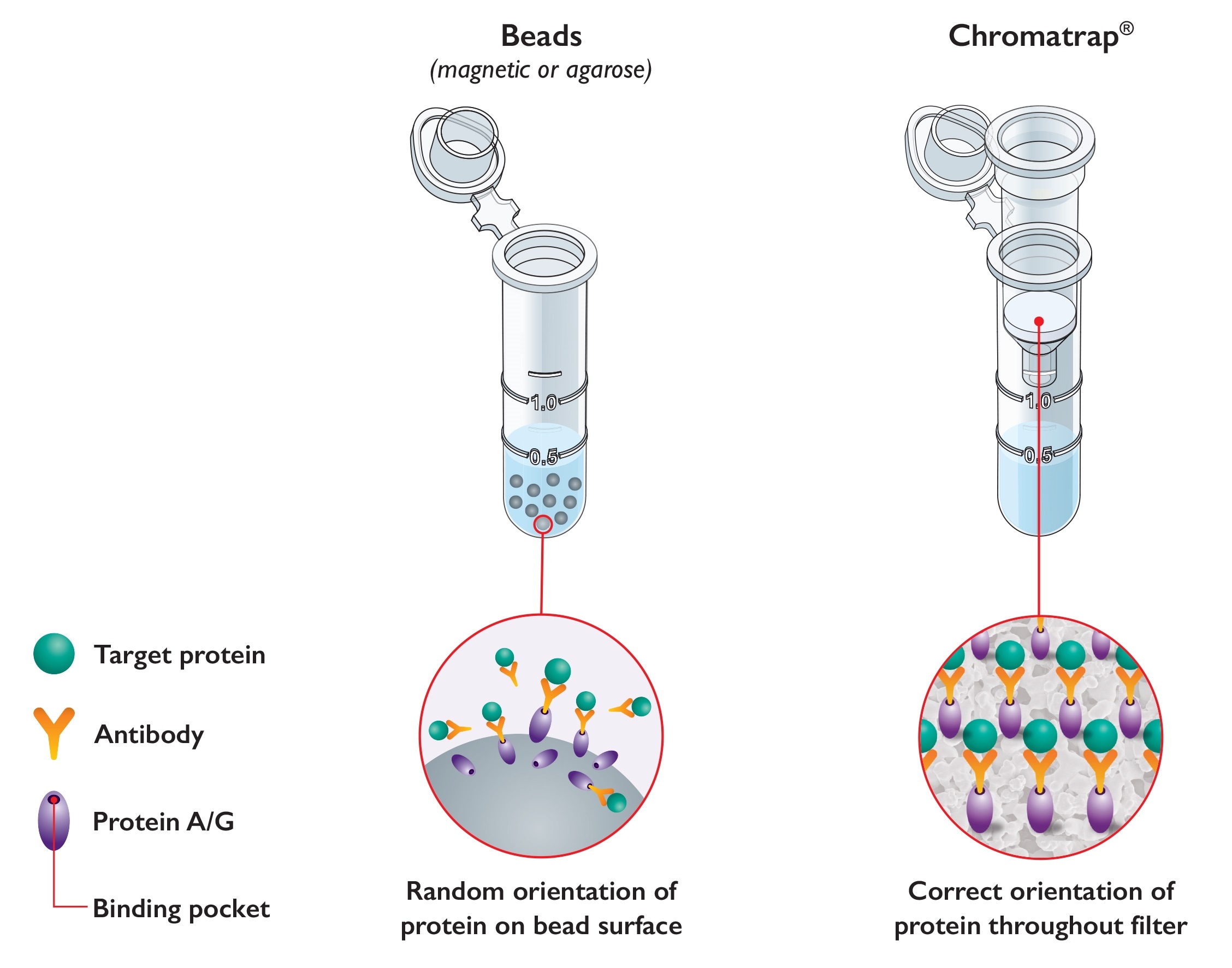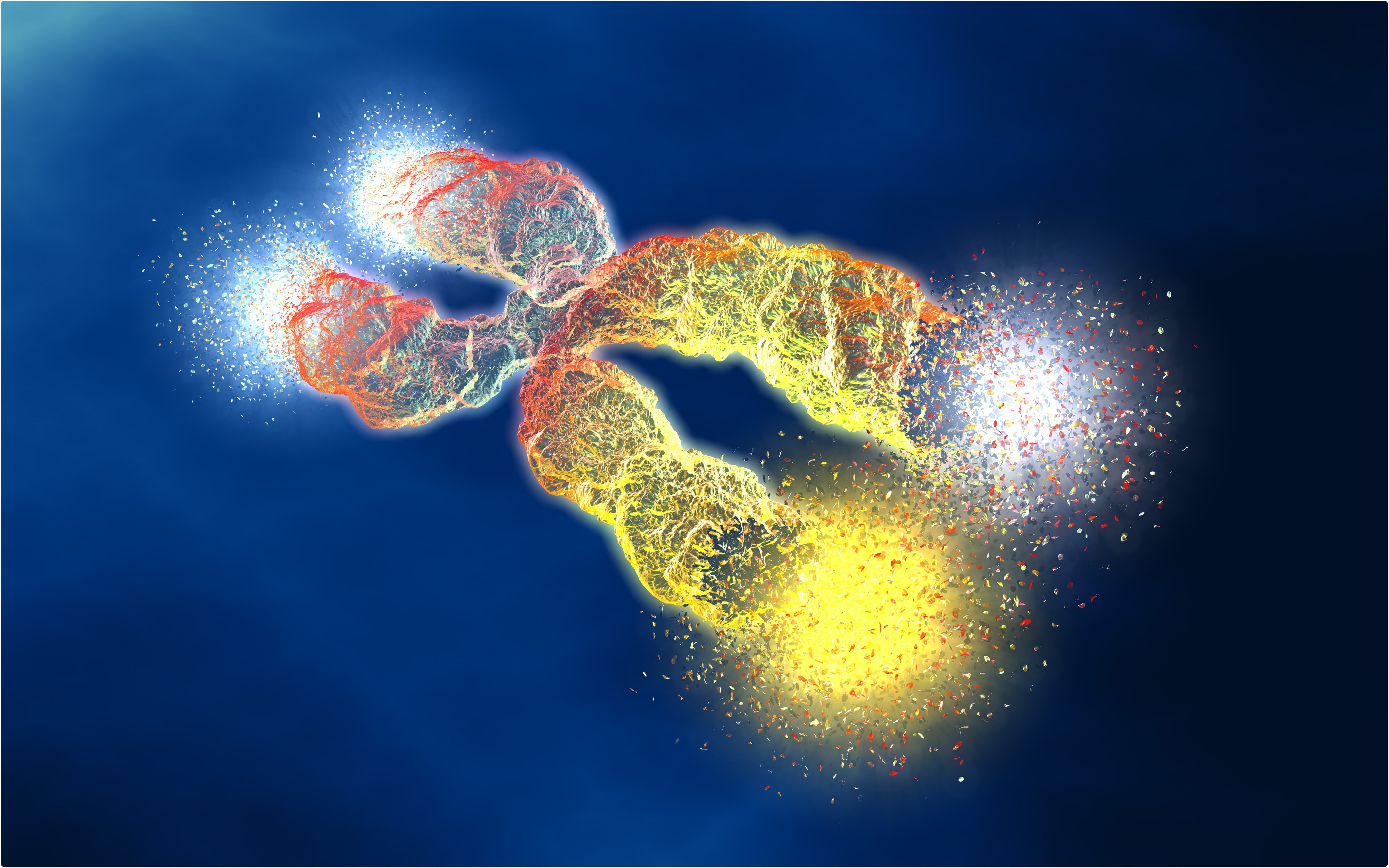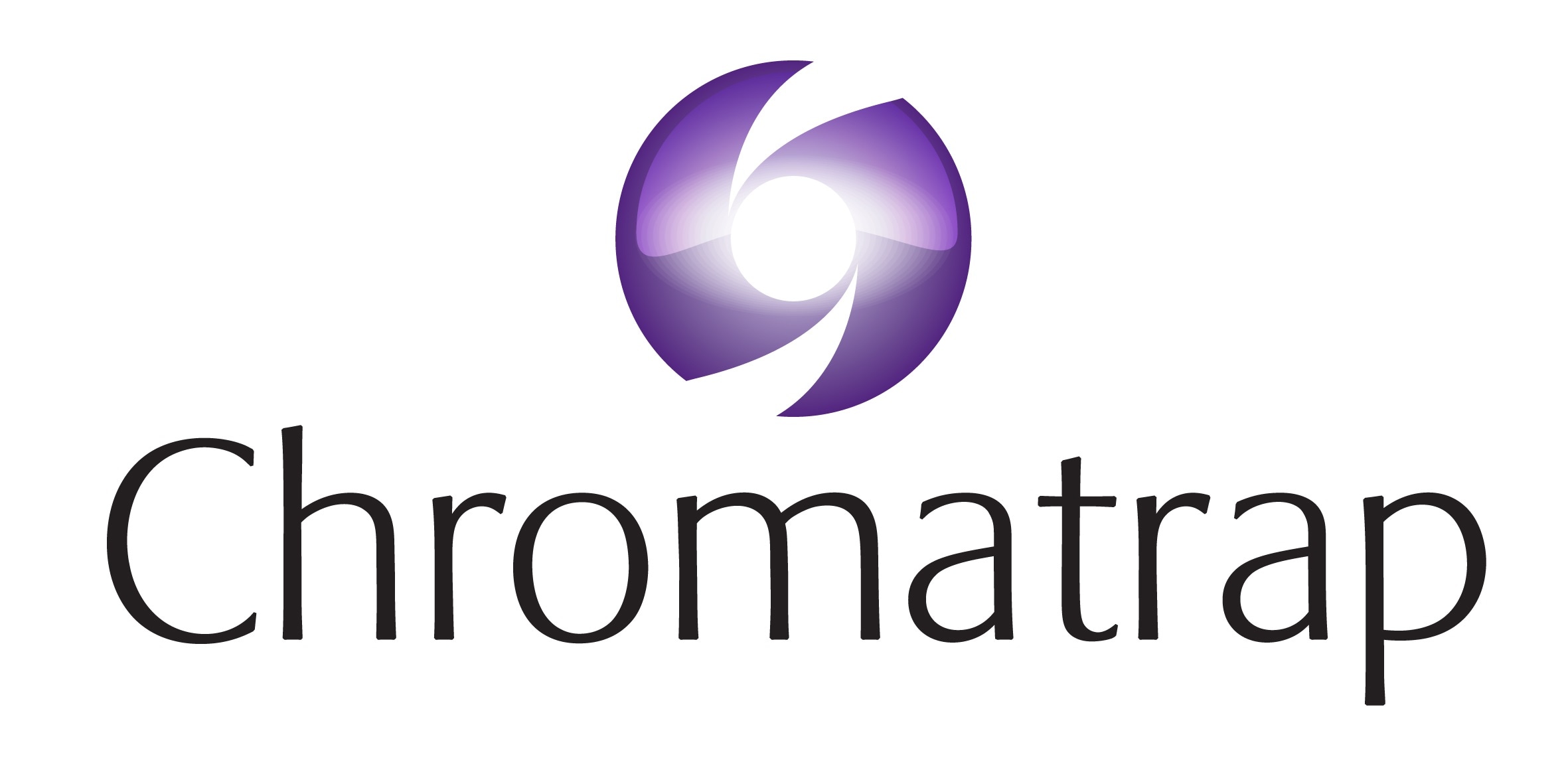An Interview with Dr. Lindsay Parkes, Senior Research Scientist, Porvair Sciences
In the past decade there have been many advancements in ChIP assays please give an overview of Chromatrap®’s ChIP Assay Technology and what improvements have been made?
The Chromatrap® ChIP technology is a bead-free method of performing ChIP. The potential of the technology emerged from our capabilities in manufacturing porous plastic filters for the filtration and separation of biological materials. By functionalising the filter with capture proteins (eg. Pro-A, Pro-G), we identified a fresh new way of performing ChIP that eliminates the use of beads therefore overcoming the common challenges associated with these traditional ChIP assays.

Chromatrap® continues to improve our technology and products in response to customers needs and changes in the market. Recently, we have made improvements to the sensitivity of the ChIP assay. Our uniquely orientated proteins ensure that every binding pocket is accessible to antibody-chromatin complexes thus maximizing capture efficiency. With researchers looking for more sensitive assays we push the development of our kits to not only be the best to use but deliver the highest sensitivity for a wide range of biological samples.
How does this compare to other standard ChIP assay technologies?
Unlike standard bead-based ChIP assays, Chromatrap® uses a unique filter-based system for the capture and selective enrichment of DNA-associated binding proteins. By eliminating beads (magnetic and agarose) from our ChIP technology, we were able to develop a ChIP assay that is far easier, quicker, more robust and most importantly more sensitive than standard ChIP assays.

Why is it important to use a solid-state ChIP assay rather than a bead-based system? What are the advantages and limitations?
When it comes to ChIP assays, sensitivity is a key. Chromatrap® uses our patented inert porous plastic material, Vyon. This significantly reduces the background noise often found in results from ChIP assays using magnetic or agarose beads, which can inherently attract non-specific binding and contribute to higher backround and masking of results.
From chromatin extraction to elution of sequencing-ready DNA, bead-based ChIP assays can take up to 5 days to complete. This can be done in as little as 5 hours using the Chromatrap® system with it’s optimally oriented proteins and improved molecular mixing.

With Chromatrap®, all steps are carried out in by centrifugation. This overcomes the problems with multiple pipetting steps and sample loss by retaining bound complexes on the filter until elution. Not only does this speed up the workflow but Chromatrap® users benefit from its ease of use.
As with any commercial assay kit, user optimisation may be required. Our dedicated technical support team are always on hand to provide guidance and advice. Chromatrap® provides all the reagents you need from chromatin extraction to IP to DNA purification.
What size samples can be used with Chromatrap® ChIP assays? What are the applications of these assay sizes?
Chromatrap® was developed to deliver a robust and highly sensitive kit compatible with a wide range of samples. ChIP can be performed from as little as 1000 cells or 50mg of tissue. The flexibility of the system means upto 50µg chromatin can be used per assay.
Chromatrap® has the widest dynamic range of any available ChIP assay meaning it can be used for any application from precious clinical samples to abundant cell lines. In cases such as clinical labs, researchers may only have access to limited patient samples and therefore require a highly sensitive kit.
Downstream PCR and Next Generation Sequencing are common next steps for enriched chromatin, what advantages are there for Chromatrap®’s ChIP assay over other commonly used methods?
The sensitivity of the Chromatrap® ChIP assay allows detection of gene targets in qPCR from the lowest amount of starting material. Maximised capture of target antibody-DNA complexes on the Chromatrap® columns and no sample loss allows amplification of even low abundant gene targets which may be undetectable with bead-based systems.
Using the Chromatrap® system, complex sequencing data can be obtained from ChIP-seq of significantly lower amounts of starting material. The high yield of DNA from Chromatrap® ChIP allows NGS sequencing from a single IP from as little as 1000 cells without any need for sample pooling. Higher input DNA improves NGS library complexity.
How can automation of ChIP assay protocols improve the quality, complexity and accuracy of research?
Automation of ChIP using a technology like Chromatrap® allows accurate complex data to be obtained rapidly and without the risk of pipetting or handling errors. With this format, researchers can investigate multiple antibody and gene targets in parallel.
The Chromatrap® technology is perfectly suited to high-throughput assays. Chromatrap® 96 well plates contain a Protein-A or Protein-G functionalised filter in each of the 96 wells. Just like our standard column kits, the 96 well high-throughput products contain all the buffers and reagents you need to start and finish your assay. Precise well-to-well consistency allows accurate reproducible and repeatable results in every assay.
The Chromatrap® 96 HT system can also be set up for automated liquid handling providing an even faster and more efficient method for performing ChIP assays. Large, reliable data sets can be collected efficiently, enabling widespread effects to be studied across multiple samples and multiple cell types; all carried out simultaneously.
What impact can improved ChIP assay technology have on important research areas such as cancer and epigenetic research?
Epigenetics is a vital research area in the study of health. Modifications which do not cause a change in the underlying DNA sequence are of particular interest in pathologies such as cancer due to their reversible nature. ChIP is the most powerful tool in understanding the interactions of histones and transcription factors with target DNA which ellicit key signalling responses. Epigenetic drugs, such as HDAC inhibitors, have been growing in popularity in the treatment of cancers and their effects are often tested in ChIP.
Having the most sensitive information about the effects, both on and off target, of these drugs can only help improve health outcomes in the long term. Faster, more sensitive and reproducible ChIP assays allow higher throughput research into the mechanisms underlying diseases and testing of their treatments.
What is the future of ChIP assay technology, and for Chromatrap®?
With increasing focus on epigenetic factors in health research and treatment, ChIP will continue to grow in popularity. Technologies will inevitably need to improve in sensitivity, efficiency and throughput to accelerate this research. Chromatrap® will maintain its position at the forefront of ChIP technology while developing our system to ensure it always deliver more efficient, sensitive and simple ChIP assays for chromatin from a wide variety of sources. We will continue to adapt the the technology, already compatible with a wide range of downsteam processes, to emerging analytical techniques.
The success of Chromatrap® in ChIP and the unique advantages it provides over bead-based assays presents exciting opportunities for the technology in a broad range of applications. Our team are adapting the novel solid-state platform for established and emerging epigenetic and biological enrichment techniques so that more researchers can benefit from its many advantages and focus on the bigger questions in their research.
Where can readers find more information?
Visit www.chromatrap.com to find out more about Chromatrap®, recent publications, application notes and product information.
About Dr. Lindsay Parkes
Dr. Lindsay Parkes is the lead scientist in the R&D of novel and existing technologies at Porvair Sciences. Her primary focus is to develop the unique materials manufactured at Porvair Sciences into innovative products and applications for life science and medical research.
After starting her career as a bacterial geneticist at Swansea University, Lindsay was awarded a PhD in Molecular Biology and Genetics. To follow her interest in molecular biology in academic research, Lindsay continued with a postdoctoral role in testing the efficacy of key antimicrobial drugs. During her research, Dr. Parkes became involved in a collaborative industry academic project with Porvair on the research and development of Chromatrap® products.
Working with Porvair Sciences has provided Dr. Lindsay Parkes with the perfect opportunity to establish a challenging and exciting career combining her passion for research and interest in product development.